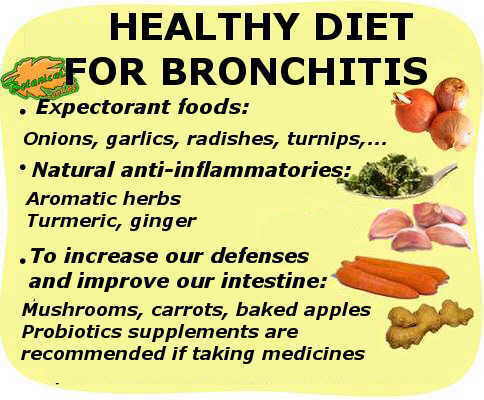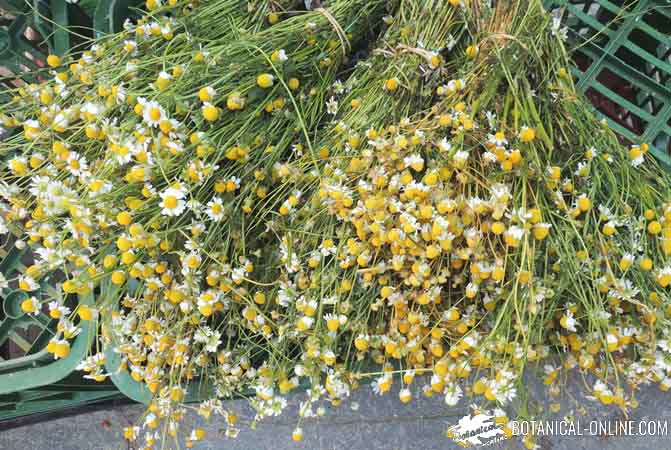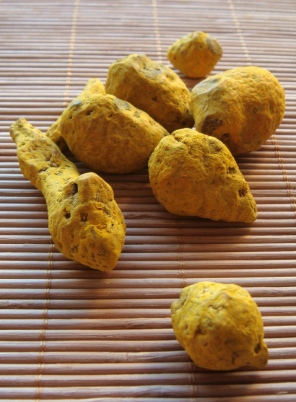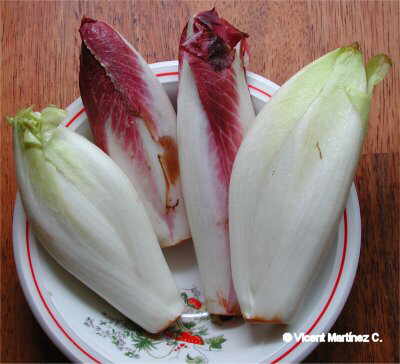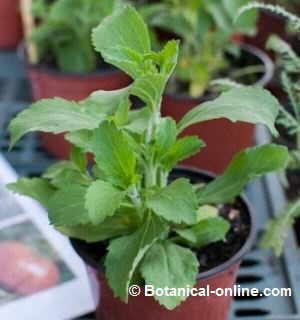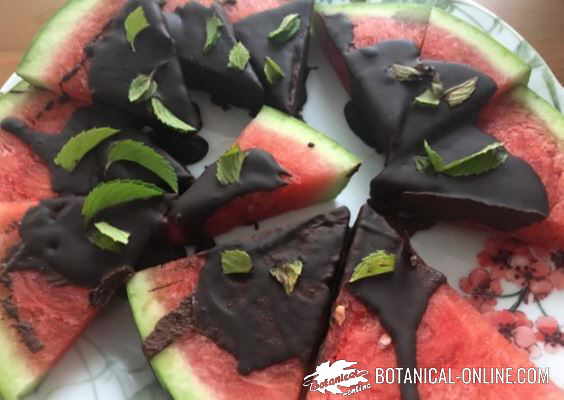Contents
- 1 Is turmeric milk recommended?
- 1.1 What is golden milk of tumeric?
- 1.2 Is turmeric milk good?
- 1.3 Does drinking turmeric milk have benefits?
- 1.4 Risk of colic from taking turmeric
- 1.5 Why is turmeric combined with pepper?
- 1.6 Turmeric loses its active principles during the cooking of turmeric milk
- 1.7 Is turmeric in high doses toxic?
- 1.8 Turmeric mycotoxins and aflatoxins
- 1.9 Is it good or advisable to drink golden milk?
- 1.10 Are golden milk treatments recommended?
Is turmeric milk recommended?
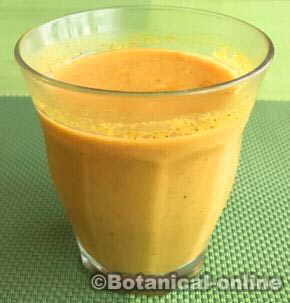
The golden milk is a delicious drink, yellow in color, which is promoted for its health properties, mainly as a remedy for the liver and against cancer.
What is golden milk of tumeric?
It is a home remedy whose objective is to ingest a lot of turmeric. The main ingredient in the recipe is usually coconut milk, which is heated and mixed with a generous amount of turmeric and pepper. In addition, it is usually seasoned with other spices, such as lemon peel or cinnamon, which give it an exquisite flavor.
Is turmeric milk good?
Golden milk has become very popular since the rise of the benefits of turmeric, which has proven to be one of the best anti-inflammatory plants.
However, there are some reasons to question whether it is appropriate to take this type of preparation regularly, since it is not clear that taken in such quantities and doses they have medicinal properties, and instead there are certain components that cast doubt on their safety in use.
Does drinking turmeric milk have benefits?
The truth is that turmeric milk is a recipe with many contradictions. Its main defect is the doubtful utility of taking such a quantity of plant daily. It is not necessary to take large amounts of turmeric, as turmeric has been shown to be effective in small doses (both as an antioxidant and as a food coloring).
While it is true that turmeric can be used as a natural anti-inflammatory drug, in such a case what is recommended are supplements with a high content of curcumin (with 250 mg of curcumin or higher).
Therefore, if what is required is a daily treatment with high doses of curcuminoids (active ingredients of turmeric), it is much more appropriate to use supplementation, which is a safer, more concentrated and effective way of taking turmeric than turmeric milk.
Risk of colic from taking turmeric
Turmeric has cholecystokinetic, cholagogue, and choleretic properties. In people with large gallstones, ingestion of this plant can cause colic, that is, the expulsion of stones from the gallbladder, with the possible risk of bile duct obstruction.
In fact, turmeric treatments are contraindicated for people with gallbladder stones if an ultrasound of the gallbladder is not performed prior to these remedies to see the size of the stones, since the risk of choledocholithiasis (obstruction of the bile duct by a stone) is high and dangerous.
Why is turmeric combined with pepper?
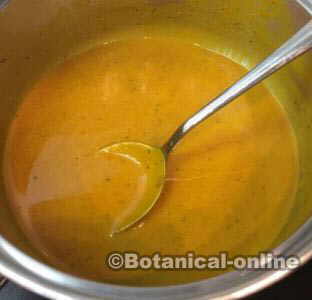
Turmeric milk is prepared with turmeric and black pepper, because piperine (active ingredient in pepper) increases the absorption of curcuminoids (active ingredients in turmeric).
In addition, pepper, like many other spices and aromatic herbs, is a powerful source of nutrition and provides an enormous amount of compounds with potential health benefits.
Turmeric loses its active principles during the cooking of turmeric milk
There are analyzes in which it has been observed that turmeric loses 85% of its principles (curcuminoids) after 15-30 minutes of cooking. The same happens when heating the pepper, which loses practically all its piperine after 20 minutes of cooking.
Therefore, it is contradictory that these spices have to be cooked in the preparation of golden milk, since, as has been shown, cooking removes the medicinal components of these plants.
The correct way to cook turmeric to preserve its curcuminoids would be to add it at the end of cooking, 5 minutes before turning off the heat, or in raw recipes (mayonnaise, sprinkle on meals, etc.).
Is turmeric in high doses toxic?
At the moment, there are no studies that demonstrate toxicity of the plant, although a responsible use of it is recommended. Yes, certain toxins have been found in turmeric, which are not from the plant itself, but are pollutants that are formed during its processing. These are mycotoxins.
Turmeric mycotoxins and aflatoxins
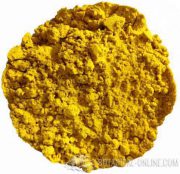
Turmeric is one of the spices with the highest amount of aflatoxins, components that are toxic to the liver, the ingestion of which has been linked to liver cancer.
These compounds do not disappear with cooking, and are found in greater quantities in spices that are expired, poorly preserved or that have not been properly packaged.
For this reason, to avoid mycotoxins, one of the main precautions when consuming this or other spices is to respect the expiration date.
Is it good or advisable to drink golden milk?
Drinking golden milk is not harmful, if what you want is to drink a very rich drink with an attractive yellow color, more or less occasionally. Nor should we forget curry, a preparation, after all, quite similar to golden milk (coconut milk, turmeric and other spices), which is taken in India almost daily, without negative effects on health. For all this, we could summarize that:
- Golden milk is a rich drink, which can be taken normally or occasionally, but without abusing the quantity (“nothing in excess is good”).
- As tropical spices are more susceptible to mold or poor preservation, it is important to buy them in specialized and hygienic stores.
- At home, you should store the turmeric in a glass container and in a cool, dry place (away from the summer heat).
- If what is required is to take turmeric for therapeutic purposes, more effective and controlled forms are recommended, such as supplements. These must contain a high amount of curcuminoids, which are the active principles of the plant. There are supplements that do not meet these requirements.
Are golden milk treatments recommended?
Some treatments to cleanse the liver, to cleanse the kidneys or detox diets recommend taking remedies such as golden milk, daily. Such amounts of turmeric every day is not necessary and could be counterproductive due to the possible aflatoxin content of these foods, mentioned in previous points.
Also, if you take turmeric, it is better that it be uncooked, since during cooking it loses active ingredients. For example, a good way to consume turmeric is in a cream of carrots, adding the turmeric 3 minutes before turning off the heat.
![]() More information on turmeric
More information on turmeric


